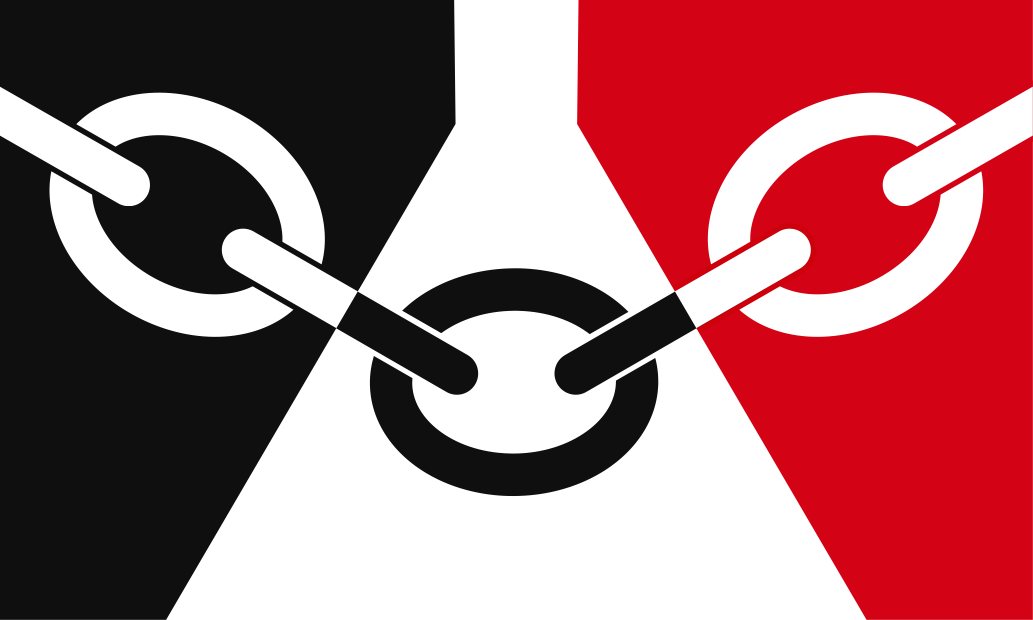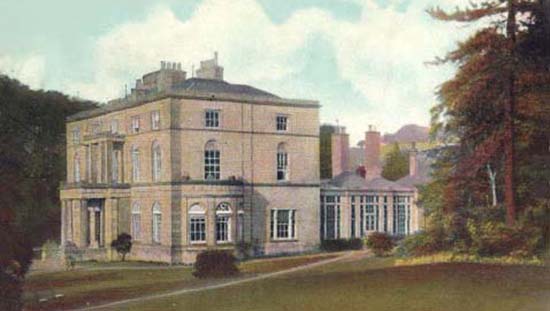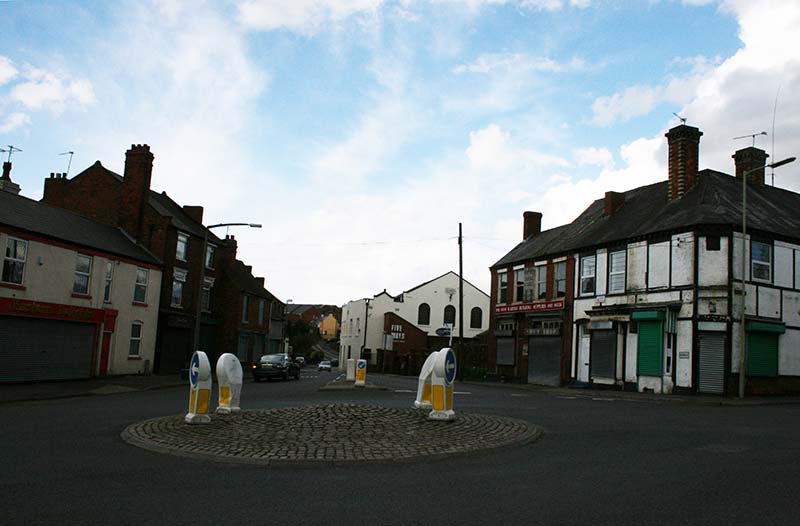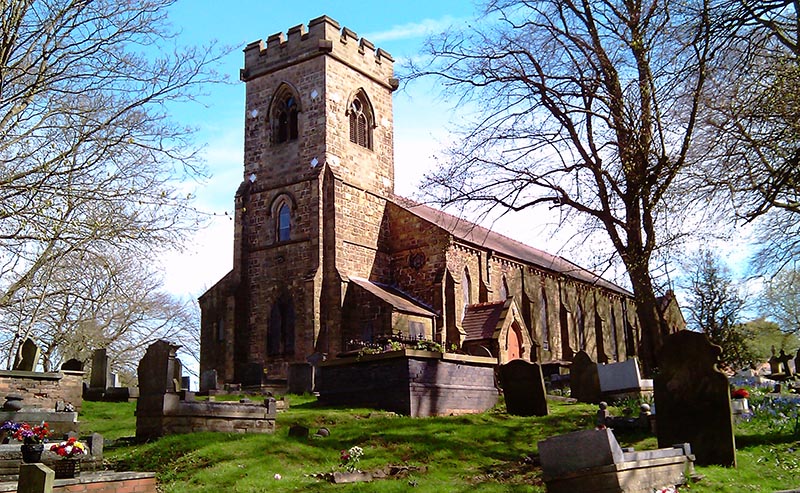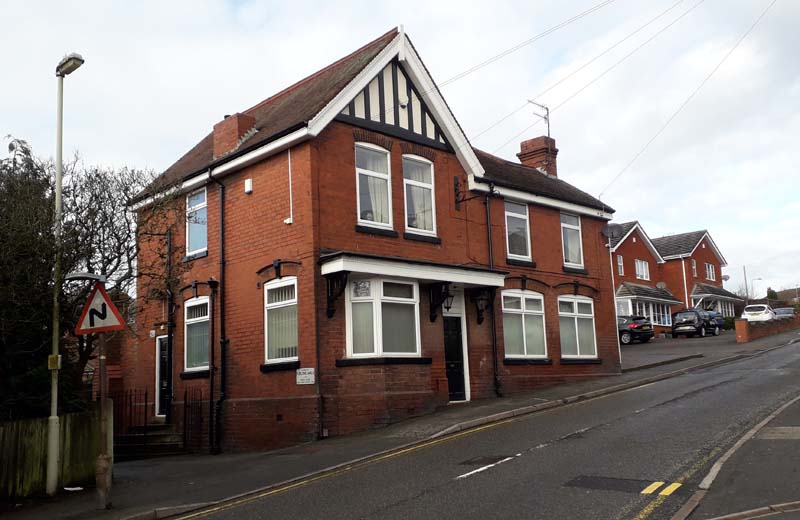
|

|
||
|
Landmarks ~
Churches ~
Pubs ~
Shops ~
Amenities ~
Dwellings ~
Events ~
Schools ~
Sports
Industrial ~ Transport ~ Folklore ~ Families
~ Families and People ~
Gornal in the 19th Century.
A slice through history, 1878 and impoverished Gornal.
In the modern times, with all our conveniences, it is so hard to imagine -
perhaps a hundred and fifty years ago when the miners and nailers and their
families were just managing a meager existence.
This district was particularly stricken
by poverty, this snapshot from history reveals their plight in 1878.
The long standing vicar of St. James' Lower Gornal, Reverend James Yates Rooker,
made an assertive and edifying speech in which he expresses the hard times, the
conditions, deprivation and desperation among the people of Lower Gornal.
James Yates Rooker was vicar of St. James' Church, Lower Gornal between 1848 and 1887,
he was also a magistrate for the County of Stafford, and often sat on the Bench of Magistrates
at Sedgley.
Reverend Rooker was a much respected and loved member of the community but suffered a
vengeful attack just a year after this article was published.
See: Murderous attack on a Vicar
This narrative has been taken from the Midland Counties Evening Express,
Friday, January 18, 1878.
THE DISTRESS AT LOWER GORNALGreat distress exists in the district, and many shop keepers are talking of closing their establishments and awaiting better times. The public-houses are also deserted, and all the publicans declare that never during the whole time of their recollections did they ever experience such depressed times as the present. In order to alleviate the sufferings of the distressed, the vicar, the Rev. J.Y. Rooker, is making every effort to provide food and clothing for the poor people. Many are the applications for relief, and the work of inquiry into every application is most onerous. During the past few weeks many of the poor have been recipients of relief. On Tuesday afternoon a great number of widows, and others of the very poor, attended by invitation at the Girl's School, Lower Gornal.The Vicar, the Rev. J.Y.Rooker said; "Before distributing these gifts, which you now see on the table, it will be well for me to make a few remarks. The distress in our parish is considerable. I have been entreated by some of you to make a strong appeal to the public for liberal aid. But the fact is I do not like indiscriminate charity, or writing sensational letters. It is time that Lower Gornal is placed in an exceptional position. We have no ironworks, no factory, no manufactory, no railroad, no canal, no means of profitable employment for our population in any one way. Labourers, working miners, and nailers form the bulk of our people. Two things result from this, that the younger and more intelligent part of our school children, who ought to form the bone and sinew of the parish and its institutions, migrate or emigrate to more promising fields of labour. And then in our cottages we find the widows of men who have been killed in the pits, and the fatherless and destitute who exist - for they do not live -on the scanty pittances allowed from the field or parish, and which just holds soul and body together." AN EXAMPLE WORTH IMITATING."Distress has met us again —and again has God raised us up friends to help. I need not refer you to the splendid liberality of Sir H. St. Paul —how long he has fed you week after week —150 of the poor and hungry. And at this very time the noble minded baronet gives to 100 poor children daily a good substantial meal, whilst Lady St. Paul herself sits down amongst them and kindly sees to the supply of the food, which is deserved to each with no niggard hand. And now I have a cheque from W.O. Foster, Esq., of Apley Park —I may say unsolicited and unexpected. We determined, therefore, considering the supply of food on the one side, to aid with clothing on the other. One hundred and fifty petticoats are made, 130 of which will be given to you today, Many are complaining severely of the cold and want of bed covering, so that some rags will be added, as well as clothing for the children. Mr. Foster's kindness allows me also to give solid meat and nourishing diet to some ready to perish for want, and give it so as to reinvigorate and build up the wasted and exhausted frame-sometimes of a sinking mother, and at another time that of an almost dying child."ILLNESS AND IMPOSTURE."Now, I have said I do not like charity to be administered indiscriminately, Why, we should want £50 or £100 daily to attempt this. Nor do I like a great dinner one day, and then all is sad. After being your vicar here for some twenty years, I have had some experience. No sooner was it known that clothing would be given than the applications were enormous. Thus for instance, three women apply; a most sorrowful tale they told. On inquiry, I found that the husbands were all engaged in a contract for work, and could work every day in the week if they chose, and earn fair wages. Another applies-a terrible history also; but I find that a large amount of pigeons are kept, some worth 10s. each. These are a few selections. Yet just one more. A man is offered 12s. per week at a certain work —he declines that, and sends his wife to me for help. Of course I had to decline, and mean to do so in all such cases. There is not one relieved but I intimately and minutely examine into the case, and from my books can give a return of every necessitous one. Excuse my plain speaking to you; but you will listen to me because you know that to my ability, and beyond it, I am always ready to aid you. When well I am never in bed, as you mostly know, after six o'clock in the morning, and do not retire till late, and relief of these cases has imposed a heavy tax on my time and powers."A BETTER TIME FOR NAILERS."Some of you are nailers. Just let me say I shall be glad if the time comes when women will not have to nail, but will be able from their husband's wages to keep their houses clean and comfortable, and understand how to cook a meal properly for the husband to sit down to, and thus be able to improve the present sad state of things, for I am sorry to say many of the homes are at the present time kept in anything but clean and sanitary condition. The result of this was probably known to many of you, and I earnestly hope that before long an improvement will take place in every respect.". —(loud applause)—Mr. Geo. Field said he much lamented the present depresses state of trade, as the suffering of the poor was most intense, nevertheless he fully concurred in the remarks made by their respected vicar as to the objectionable mode of indiscriminate charity, and also his earnest wish that women should, when married, have need only to attend to the comfort of their husbands at home, and thus wean them from the public-houses —(hear, hear)— Miss Cartwright, of Hill House, Upper Gornal, and Mrs Herbert Hughes, afterwards distributed the garments to the poor people, who expressed their hearty thanks for the kindness and charity of Sir Horace and Lady St. Paul, and their old and esteemed employer Mr W.O. Foster, —A vote of thanks to the vicar and terminated the proceedings. —Subscriptions are greatly needed by the vicar to carry on the important work of relief.
[Sir Horace St. Paul was the owner of Ellowes Hall at the time].
~
LIVING CONDITIONS OF THE POOR.
Another case study on living conditions also from 1878, the wretched plight of a family living in the Graveyard area of Gornal.
This report from the Sedgley Board appeared in the 'Examiner and Times' newspaper, 14th September, 1878.
~
|
|
||
